Beginning Oct. 26, Customs and Border Protection (CBP) officials will enforce federal requirements that foreign travelers entering the United States must carry machine-readable passports or present a nonimmigrant visa
Published:
27 October 2004 y., Wednesday
If a traveler does not have such documents, CBP officials could grant a one-time exemption to admit the traveler, who will then receive a letter explaining the requirements. Travelers may be refused entry during subsequent visits if they do not obtain the passport or visa.
"These are prudent steps to ease travelers into these new documentation requirements," said Asa Hutchinson, the Homeland Security Department's undersecretary for border and transportation security, in a prepared statement. "The United States is a welcoming nation and we do not want to turn people away because they do not possess the newly required passport or a valid nonimmigrant visa."
The Enhanced Border Security and Visa Entry Reform Act of 2002 established the deadline as Oct. 1, 2003 — and extended it to Oct. 26 — for travelers from the 27 Visa Waiver Program (VWP) countries to carry machine-readable passports with biometric identifiers when entering this country.
Machine-readable passports and biometric identifiers are different requirements. Congress extended the deadline for the VWP countries to include biometrics until Oct. 26, 2005, because many foreign officials said it was a technologically complex process.
A machine-readable passport contains biographical data using International Civil Aviation Organization standards, according to the State Department Web site on the VWP.
Šaltinis:
fcw.com
Copying, publishing, announcing any information from the News.lt portal without written permission of News.lt editorial office is prohibited.
The most popular articles

The European Commission announced today the award of three of the six contracts for the procurement of Galileo’s initial operational capability.
more »
 South Korea is pushing forward with a plan to completely digitize its classrooms by 2015.
more »
South Korea is pushing forward with a plan to completely digitize its classrooms by 2015.
more »
 A blood test that determines the length of telomeres, the protective caps at the ends of chromosomes that wear down as we get old, are now on sale to the public. The researchers who developed the test say it will allow people to get a sense of how fast they are ageing.
more »
A blood test that determines the length of telomeres, the protective caps at the ends of chromosomes that wear down as we get old, are now on sale to the public. The researchers who developed the test say it will allow people to get a sense of how fast they are ageing.
more »
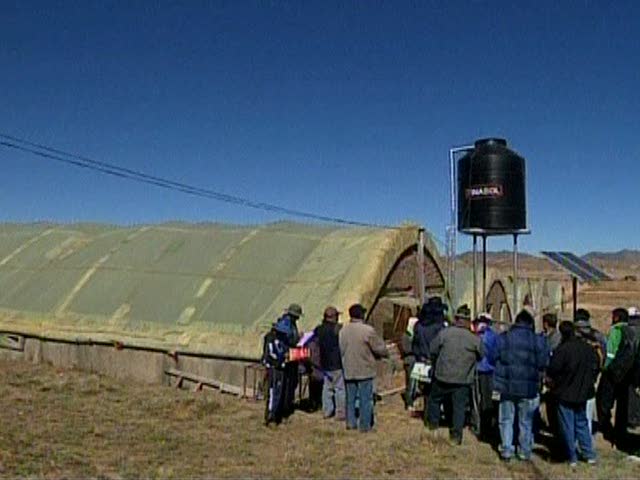 On the windswept high plains of Bolivia, an energy revolution is under way. Small communities, never connected to the power grid, now have access to electric power for the first time through solar and wind power systems, introduced one village at a time by engineers at a Cochambama University.
more »
On the windswept high plains of Bolivia, an energy revolution is under way. Small communities, never connected to the power grid, now have access to electric power for the first time through solar and wind power systems, introduced one village at a time by engineers at a Cochambama University.
more »
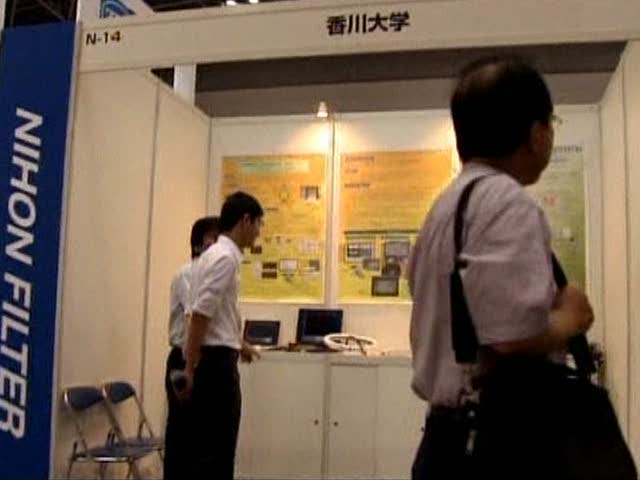 A robotic mouth may not seem like a must-have accessory for your robotic workforce but Japanese researchers say that future human-robot communications may well depend on such devices. The mouth was just one of many robotic innovations on display at this year's Robotech expo in Tokyo.
more »
A robotic mouth may not seem like a must-have accessory for your robotic workforce but Japanese researchers say that future human-robot communications may well depend on such devices. The mouth was just one of many robotic innovations on display at this year's Robotech expo in Tokyo.
more »
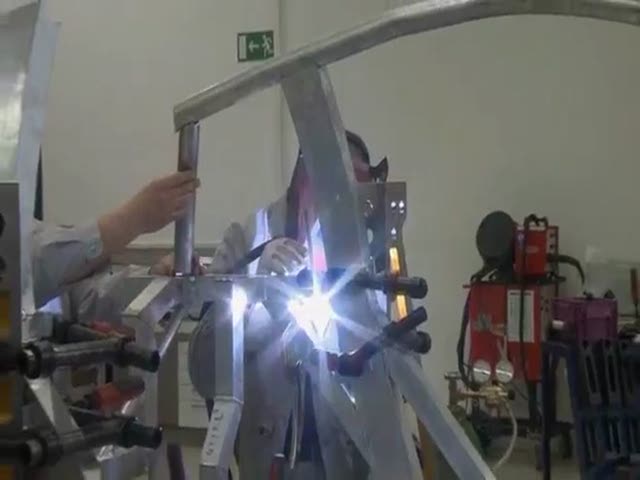 Scientists from Munich's Technical University will be joining the world's major car manufacturers at the Frankfurt Auto Show later this year, with an electric vehicle they have designed and built themselves.
more »
Scientists from Munich's Technical University will be joining the world's major car manufacturers at the Frankfurt Auto Show later this year, with an electric vehicle they have designed and built themselves.
more »
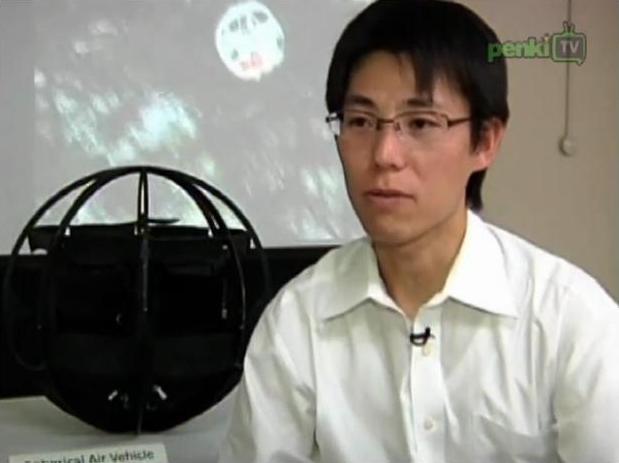 Researchers from Japan's Ministry of Defense have developed an unmanned aerial vehicle with a difference.
more »
Researchers from Japan's Ministry of Defense have developed an unmanned aerial vehicle with a difference.
more »
 An Israeli company hopes to revolutionize the green solutions market with solar windows that combine electricity production, energy reduction and transparent design.
more »
An Israeli company hopes to revolutionize the green solutions market with solar windows that combine electricity production, energy reduction and transparent design.
more »
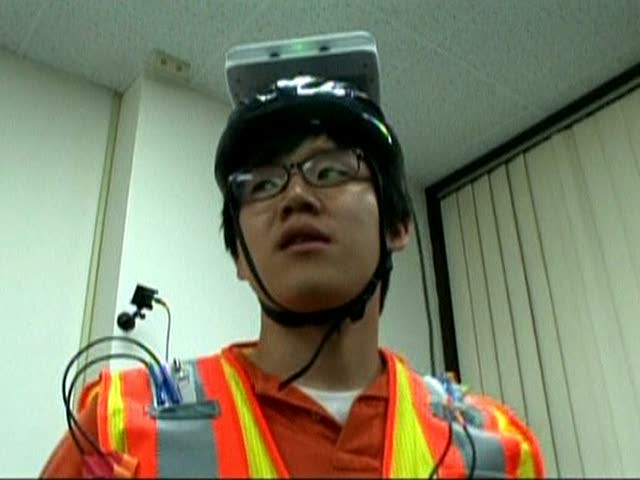 Guide dogs and white canes have, for years, helped the blind and visually impaired navigate the world around them but soon, technology may also have an important part to play.
more »
Guide dogs and white canes have, for years, helped the blind and visually impaired navigate the world around them but soon, technology may also have an important part to play.
more »
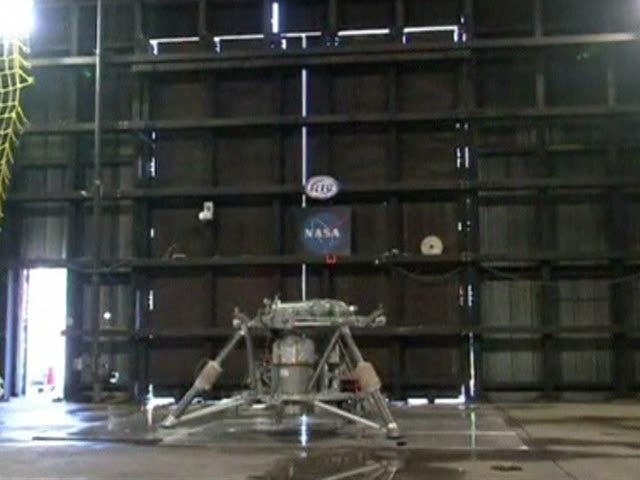 Infrared video released by US space agency, NASA, shows how future robotic landers might hover and land autonomously on asteroids or lunar surfaces. The agency has been testing the compact vehicles for missions to airless environments where parachutes will not work.
more »
Infrared video released by US space agency, NASA, shows how future robotic landers might hover and land autonomously on asteroids or lunar surfaces. The agency has been testing the compact vehicles for missions to airless environments where parachutes will not work.
more »
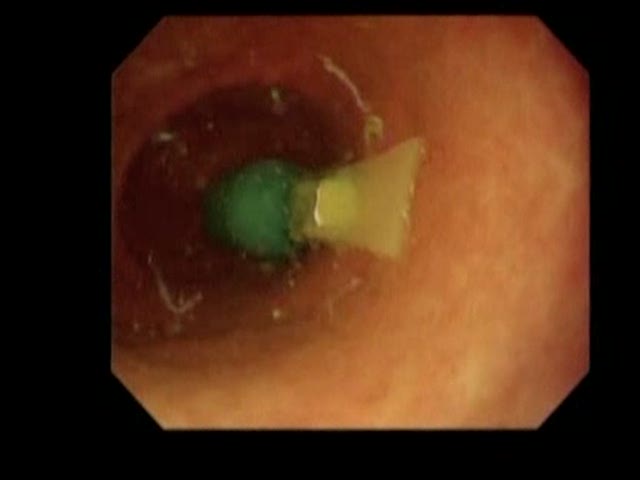 Small fin-propelled robots may soon be plunging in to the depths of the human body, helping patients find checkups easier to stomach.
more »
Small fin-propelled robots may soon be plunging in to the depths of the human body, helping patients find checkups easier to stomach.
more »